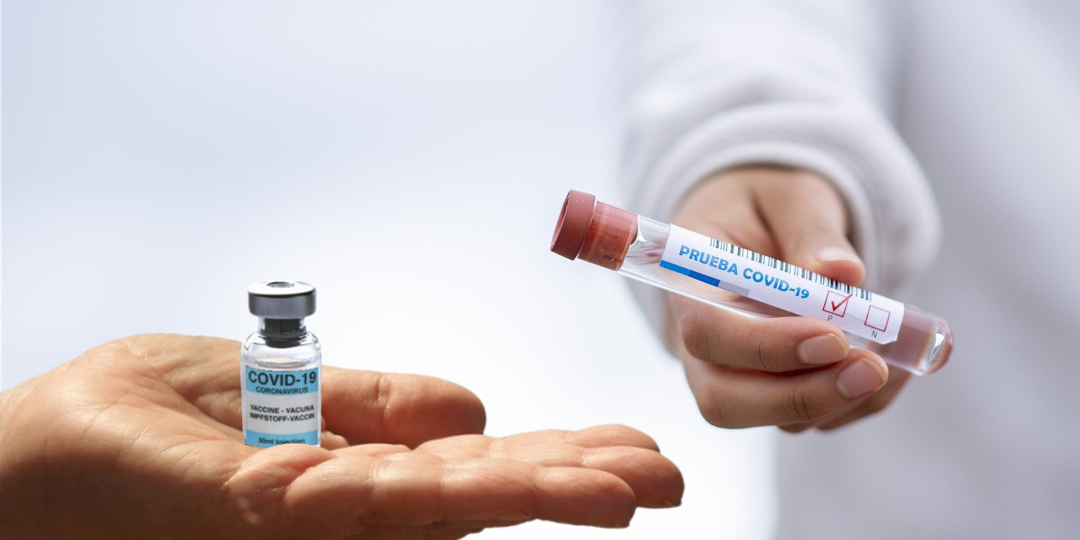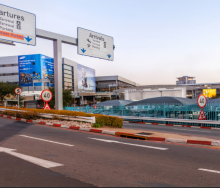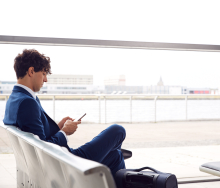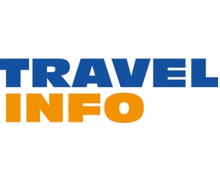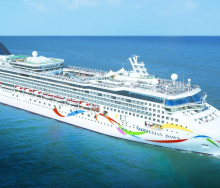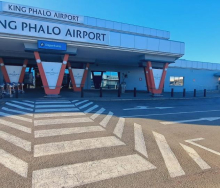Airlines, hard-hit by COVID-19, have a vested interest in making sure traffic numbers are restored, urgently.
So, while Qantas has been bold in its approach to incentivising Australian frequent flyers to become vaccinated, there is divided opinion among airlines in South Africa, where vaccine hesitancy has been red-flagged as a threat to travel’s recovery. It could be that special privileges for vaccinated flyers are a long way off.
Qantas’s Covid Vaccination Incentive Programme went live in Australia in August, offering prizes of free flights, vouchers and extra status credits to members of the Qantas Frequent Flyer Programme. “It is our way of saying thank you to Australians for stepping up and protecting themselves and others,” said the airline. “The huge impact of the pandemic on the travel industry means we have a clear vested interest in making sure the vaccine roll-out is successful. We are eager to get back to what we do best: reuniting family and friends, taking people on holiday here and overseas, and getting more of our planes and people in the air.”
SA domestic players
Comair Executive Manager: Sales and Marketing, Brian Kitchin, said Comair would consider incentivising locals to encourage vaccination. Speaking ahead of the resumption of kulula.com and British Airways’ flights (operated by Comair) on September 1, after a hiatus due to the hard lockdown with the ‘third wave’ in South Africa, Kitchin said he was encouraged by the number of 18- to 35-year-olds in South Africa who had already registered for their jab. “That is our customer base,” he said.
Kitchin was also keen for other suppliers to do their part to address vaccine hesitancy.
Although there was no indication that airlines were considering compulsory vaccine passports for domestic flights, reactions to Kitchin’s challenge remained mixed.
Red list does more harm
CemAir CEO, Miles van der Molen, was against the idea and said vaccination was a personal choice. “Why are we trying to incentivise people? I am not an anti-vaxxer by nature. I believe in the philosophy. But I also get nervous when it is so oversold.
“It is not a cause I would see fit to support really. If someone decides to get vaccinated, that is their choice. If you look at places with high levels of vaccination, they’ve still got high infection numbers. I don’t believe that vaccine hesitancy has anything to do with travel’s recovery. South Africa being on a red list does.”
Van der Molen also described PCR tests as “unreliable” and was of the view that digital passports would not be necessary for safe travel either, insisting that paper yellow-fever certificates had been used widely for many years. “Why does this need some electronic format?” he asked.
Act together
FlySafair Chief Marketing Officer, Kirby Gordon, said: “At present, FlySafair only operates domestically, so this does remove a layer of complexity from the vaccination question in that we don’t need to cater for foreign countries’ entry requirements. At this stage, we await guidance from regulators in terms of vaccination requirements for domestic travellers and it’s certain that there will need to be a good deal of work done on the systems implemented to reliably prove that an individual is or is not vaccinated. Prior to meaningfully being able to roll out any sort of policy of this nature we would need to see the EVDS (electronic vaccination data system) expanded into a reliable and useful vaccination status verification tool.”
Gordon added: “While there has been a great deal of discussion around mandatory vaccination of the tourism industry in hopes to boost local tourism, the reality is surely that we need to act together as a country rather than just as an industry. While it’s great for those within the industry to promote drives toward developing immunity and the recovery of our tourist economy, it’s actually essential that, as a destination and as a national economy, we work together to gain status as a safe place to visit. Because, realistically, travellers are not only exposed to those working directly in the tourism industry but rather to South Africans and fellow travellers at large.”
On the retail front, Otto de Vries, CEO of Asata, said higher numbers of vaccinated South Africans were critical for inbound business. His view was that vaccine hesitancy would have a profound impact. “We will be measured as a destination on the level of vaccination we achieve.”
Following developments in places like France, Israel and Italy, where proof of vaccination is now needed to access certain sites and attractions, De Vries warned that the world was going to become increasingly smaller for non-vaccinated people. “In principle, the idea of vaccine incentives just makes sense. Proof of vaccination is going to become necessary if you want to go somewhere, see and do different activities. I can even see restaurants saying: ‘Let’s see your vaccination status’. To get travel up and running again, absolutely, it’s a fantastic idea!”
